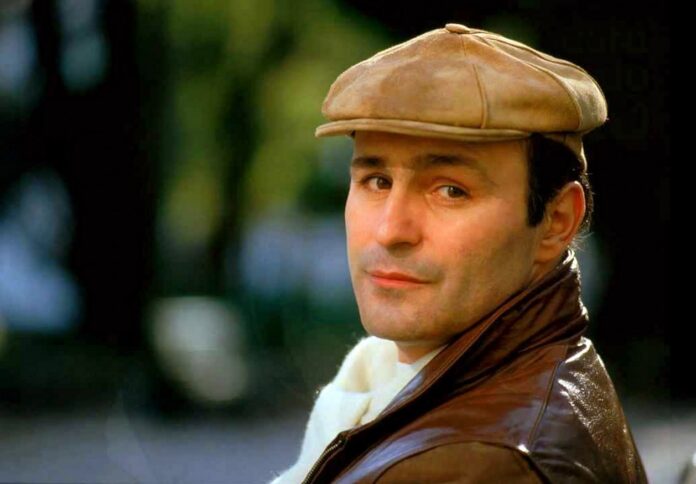Leonardo Favio, born Fuad Jorge Jury on May 28, 1938, in Luján de Cuyo, Argentina, was a visionary artist whose talents spanned music, filmmaking, and acting. A cultural icon in Latin America, Favio was celebrated for his poignant, award-winning films like Crónica de un niño solo and El romance del Aniceto y la Francisca, as well as for his romantic ballads such as Fuiste mía un verano, which became timeless classics. His artistic legacy reflects a deep connection to Argentine identity and a masterful ability to evoke emotion through every medium he touched.
From Humble Beginnings to Stardom
Favio’s early life was marked by hardship, but his creative spirit led him to pursue acting, which opened the doors to the Argentine film industry. Under the mentorship of director Leopoldo Torre Nilsson, Favio transitioned to filmmaking, creating works that were both deeply personal and socially resonant, exploring themes of poverty, love, and the human condition.
A Dual Legacy in Film and Music
As a filmmaker, Favio was known for his poetic storytelling and innovative style, earning him critical acclaim and international recognition. Simultaneously, his career as a singer skyrocketed in the 1960s and 1970s, with his heartfelt voice and romantic lyrics making him a beloved figure across Latin America. His dual contributions to cinema and music made him a true Renaissance man of Argentine culture.
Enduring Impact
Leonardo Favio passed away on November 5, 2012, but his influence endures. His films are studied as masterpieces of Latin American cinema, and his songs remain cherished staples of romantic music. Favio’s ability to capture the complexities of human emotion and the beauty of everyday life ensures his place as one of Argentina’s most celebrated and versatile artists.




